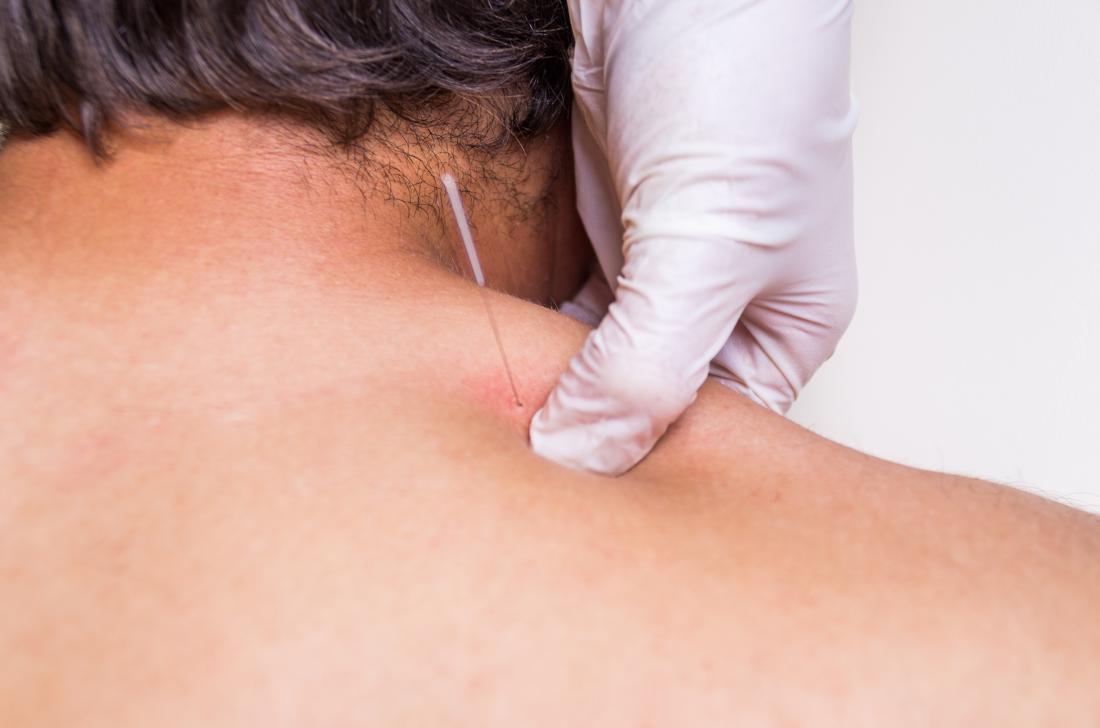All of the physio’s here at Back in Action are qualified to perform dry needling for you! We often get asked the same questions: “What does it actually do?” “Will it hurt?” “Is it like acupuncture?”
Your physio will always explain what dry needling is and what to expect before performing it so you are well informed. A big part of our job is education, always making sure you know about your injury and what we are doing to treat it. Quite simply, dry needling is using a very fine needle into the knots in your muscles. These knots, or Trigger Points as you might hear us describe them, are basically a tight band of muscle tissue and fascia caused from overuse, dysfunctional use or muscular imbalances often following an injury.
Will it hurt?
You won’t actually feel much as the needle enters the skin, but you will (hopefully) feel a deep ache when we reach a trigger point. This feels like the deep burn of your muscles during a hard workout or a cramp. You may feel the muscle twitch which can be sudden and unpleasant but this is the goal as it means we are releasing the knotted muscle. Do expect to be sore and achey for a day or two after, again like you have just done a hard workout. But it will be worth it once it has all settled and the tension, tightness and pain has gone. It is important to stretch, move and drink water after needling, just as you would after a workout. Once the trigger point is released we can now train the muscle to fire properly. Your physio will teach you exercises to retrain the muscle to work correctly.
Dry Needling vs Acupuncture?
Acupuncture is based on traditional Chinese medicine principles while dry needling is based on Western medicine principles. Acupuncture follows invisible energy channels called meridian lines that are mapped throughout the body. The energy should flow through these lines unobstructed. Acupuncture works to clear the blocked meridians to treat injury or disease. Dry Needling is similar to acupuncture where very fine needles are inserted into the tisse in order to create neurophysiological reactions in the body and stimulate a healing effect.
Dry needling assists with pain relief, reducing inflammation, improve local immune/ healing responses and relaxing muscle spasm to assist healing. Dry needling gives quicker responses than other physio treatments such as massage and mobilisations. You may either feel relaxed or energized after undergoing needling.
Next time you come to see one of us here at Back in Action, make sure you ask about dry needling and if it will be suitable for you!

